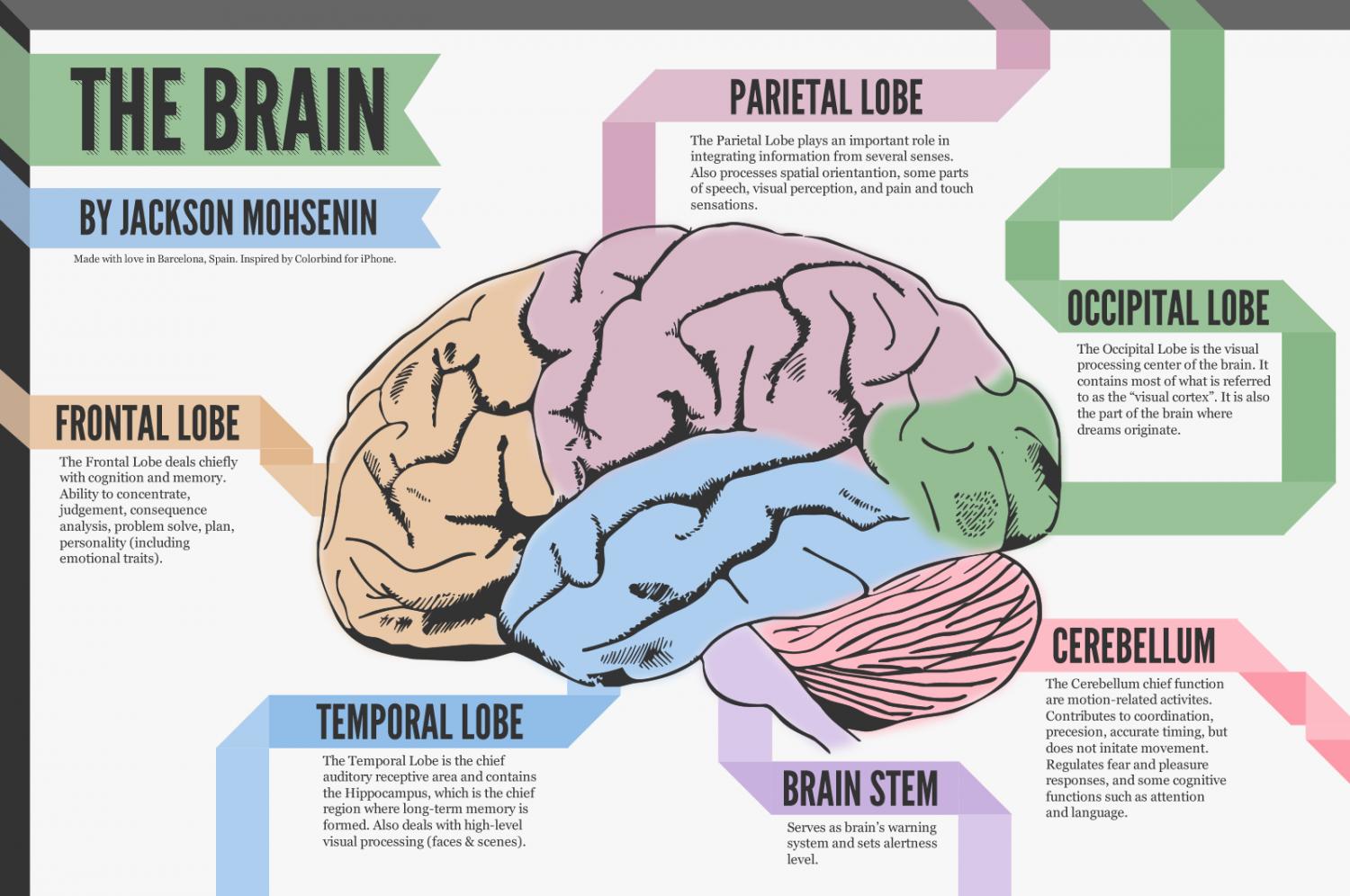Let's say that I have a vampire.
This vampire is engaged in a symbiosis with some kind of bacteria; this bacteria grants it increased blood oxidization, cancer-fighting abilities, improved neural activation, and a whole slew of other benefits in exchange for a place to live.
However, the vampire's immune system is weakened, and, unless it drinks human blood on a regular basis to gain its antibodies, the symbiotic bacteria gradually (if reversibly) afflict the vampire with several traits in an attempt to gain more blood, increase the antibody count, and decrease the bacteria count; while this reduces their physical capabilities; the tradeoff is a sane and relatively friendly vampire. This is deliberate; said behavior was genetically engineered into the symbiotic bacteria as a method of compelling the vampire to drink blood.
As the foreign antibody count gets lower, the bacteria induce the following psychological changes in the vampire via some type of biological mechanism:
- decreased empathy
- increased spatial sense
- increased pain tolerance
- an increased willingness to use violence
- decreased verbal communication skills/speech slurring
- a desire to drink blood similar in nature to addiction
My question: via what biochemical/biological mechanisms could a genetically-engineered bacteria do these things?
Note that the bacteria is genetically engineered, so "whether this thing could evolve" is not the question here, because it didn't - it was made.

